AGI: The AI Revolution Nobody Saw Coming (2025)
We're living through a technological revolution that's happening faster than anyone could have imagined. Artificial Intelligence (AI) has transformed from a distant, nerdy concept to a powerful tool that's reshaping how we understand intelligence itself. Just a few months ago, conversations about AI were casual and futuristic.
Now, we're witnessing breakthroughs that are making people sit up and take notice. What if machines could think, learn, and solve problems in ways we never thought possible? The journey of AI is not just about creating smart technology—it's about understanding the very nature of thinking, intelligence, and human potential.
Let’s explore the progress of AGI, a topic widely discussed on the internet these days, and find out if it is truly achievable.
Let’s get started!
The AI Moment We're Living In
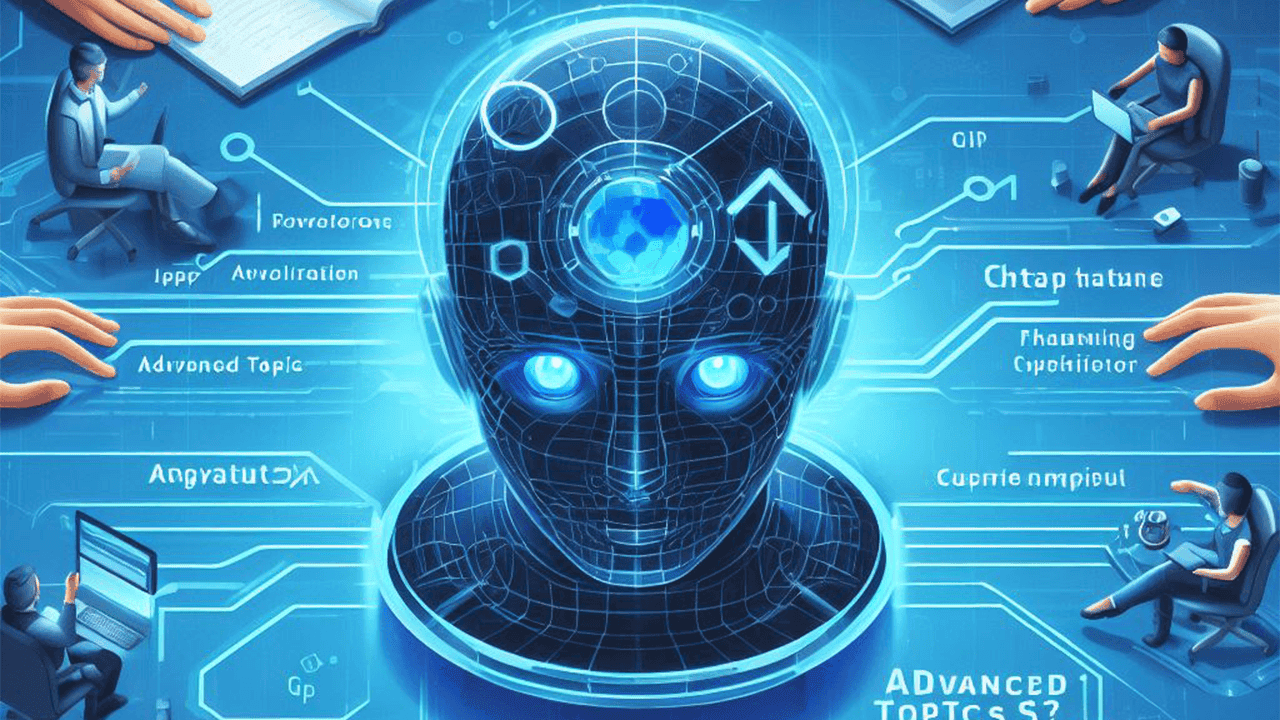
Remember that jaw-dropping moment when ChatGPT first burst onto the scene? It was like watching technology leap forward in real time. Suddenly, AI wasn't just a distant concept—it was right here, talking to us, solving problems, and making us question everything we thought we knew about technology.
The transformation happened so fast it gave us collective whiplash. Just months ago, AI was something nerdy and abstract. Now, it's a powerful tool that's reshaping how we work, learn, and think about intelligence. People went from casually joking about AI to having serious conversations about its potential and risks.
Here's what's truly mind-blowing about our current AI moment:
AI can now understand complex instructions, write code, and even solve mathematical problems that once seemed impossible for machines
The technology is advancing so rapidly that experts are seriously discussing whether we're approaching artificial general intelligence (AGI)
We're witnessing a technological revolution that might be as significant as the invention of the internet or personal computers
This isn't just technology changing—it's technology that's starting to think, adapt, and potentially understand the world in ways we're just beginning to comprehend.
AGI 101: What the Heck Are We Talking About?
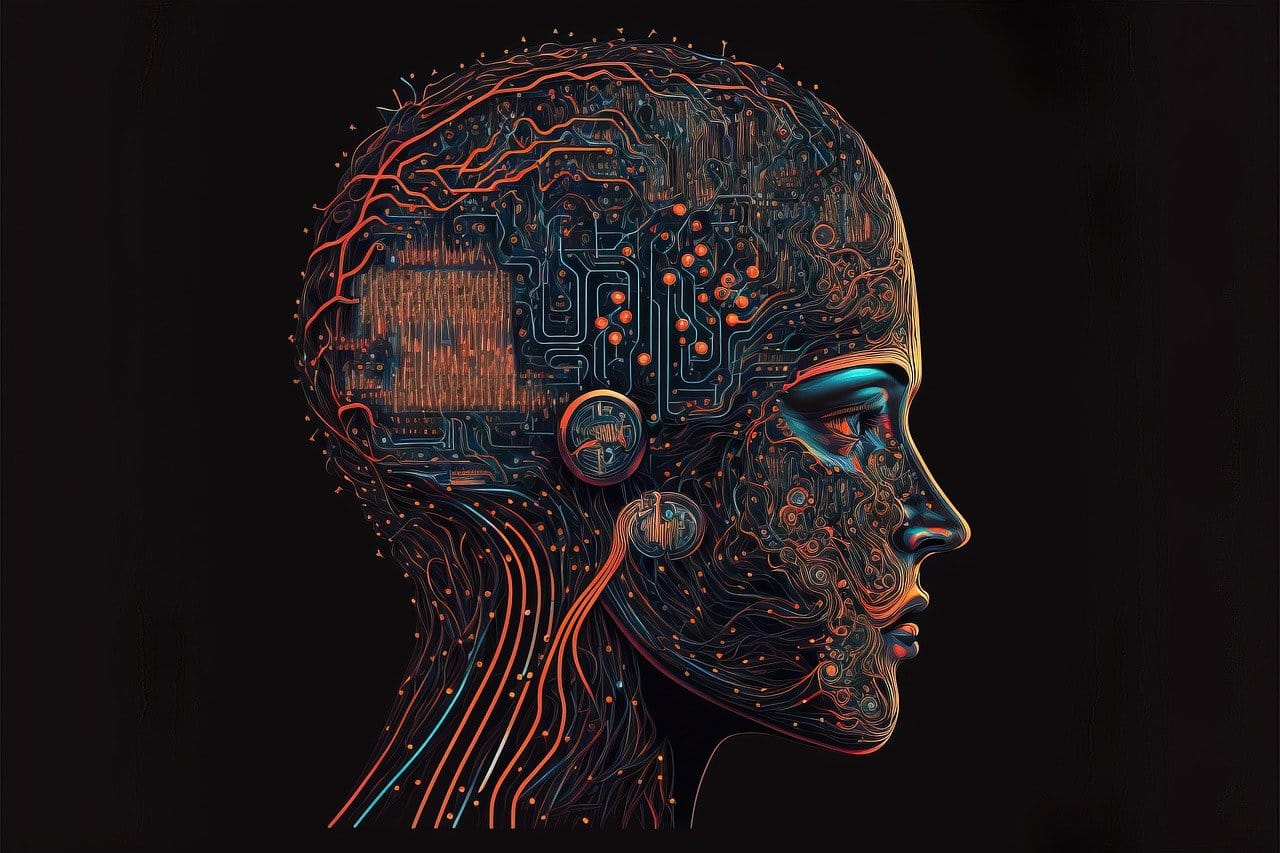
Artificial General Intelligence, or AGI, sounds like something straight out of a sci-fi movie. But here's the wild part: it's becoming a real conversation in the tech world. Imagine an AI that doesn't just do one specific task, but can think, learn, and adapt like a human brain—that's the dream of AGI.
Right now, most AI is like a super-smart specialist. Your smartphone's AI can recognize faces or translate languages, but it can't suddenly decide to write a novel or solve complex scientific problems. It's brilliant, but narrowly focused.
The most exciting (and slightly scary) developments are showing us that AI is getting closer to becoming a true thinking machine:
Current AI models can now solve complex math problems, generate creative content, and understand context in ways we never thought possible
Researchers are seeing glimpses of AI that can generalize knowledge across different domains
The gap between specialized AI and truly adaptive intelligence is shrinking faster than anyone predicted
We're watching a technological revolution unfold, one algorithm at a time.
The Rollercoaster of AI Breakthroughs
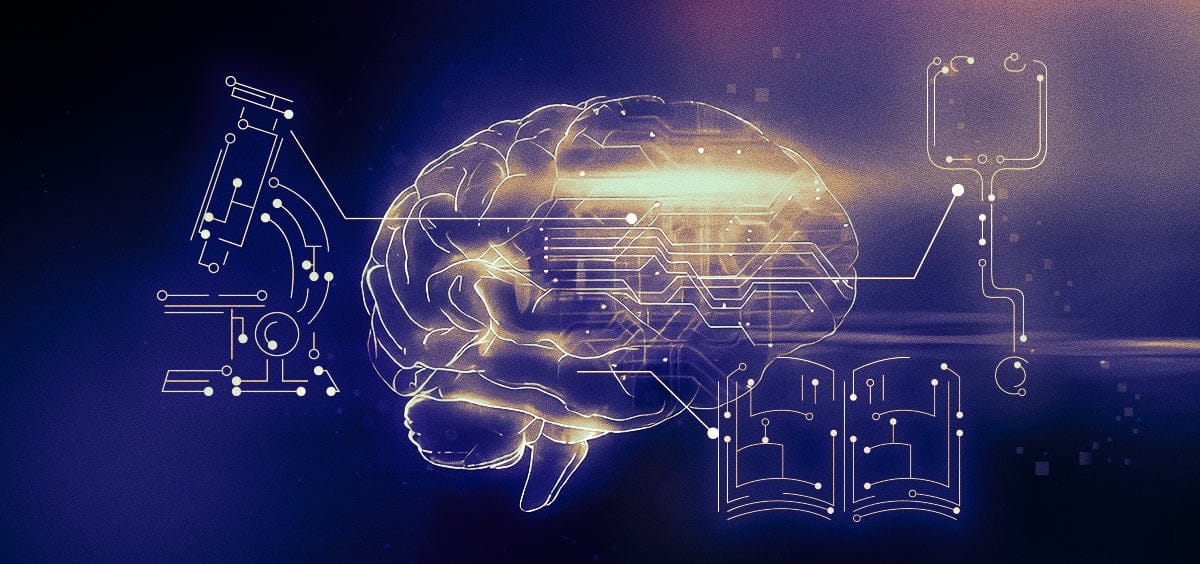
Artificial intelligence has been on a mind-blowing journey that feels like a technological magic show. From early computer programs that could play chess to today's AI that can write poetry and solve complex problems, we've witnessed something truly extraordinary.
Remember when computers were just calculators? Now we're watching AI systems that can understand context, generate creative content, and solve challenges that once seemed impossible for machines. It's like watching technology grow up right before our eyes.
Here are some jaw-dropping moments that show how wild AI's journey has been:
OpenAI's latest model can solve 83% of advanced mathematical problems, compared to just 13% in previous versions
AI systems can now generate realistic images, write code, and even understand complex human emotions
Researchers are seeing AI develop capabilities that blur the line between machine intelligence and human-like thinking
Every breakthrough feels like we're one step closer to something truly revolutionary—a technology that could reshape how we understand intelligence itself.
The Roadblocks Holding Back True AI
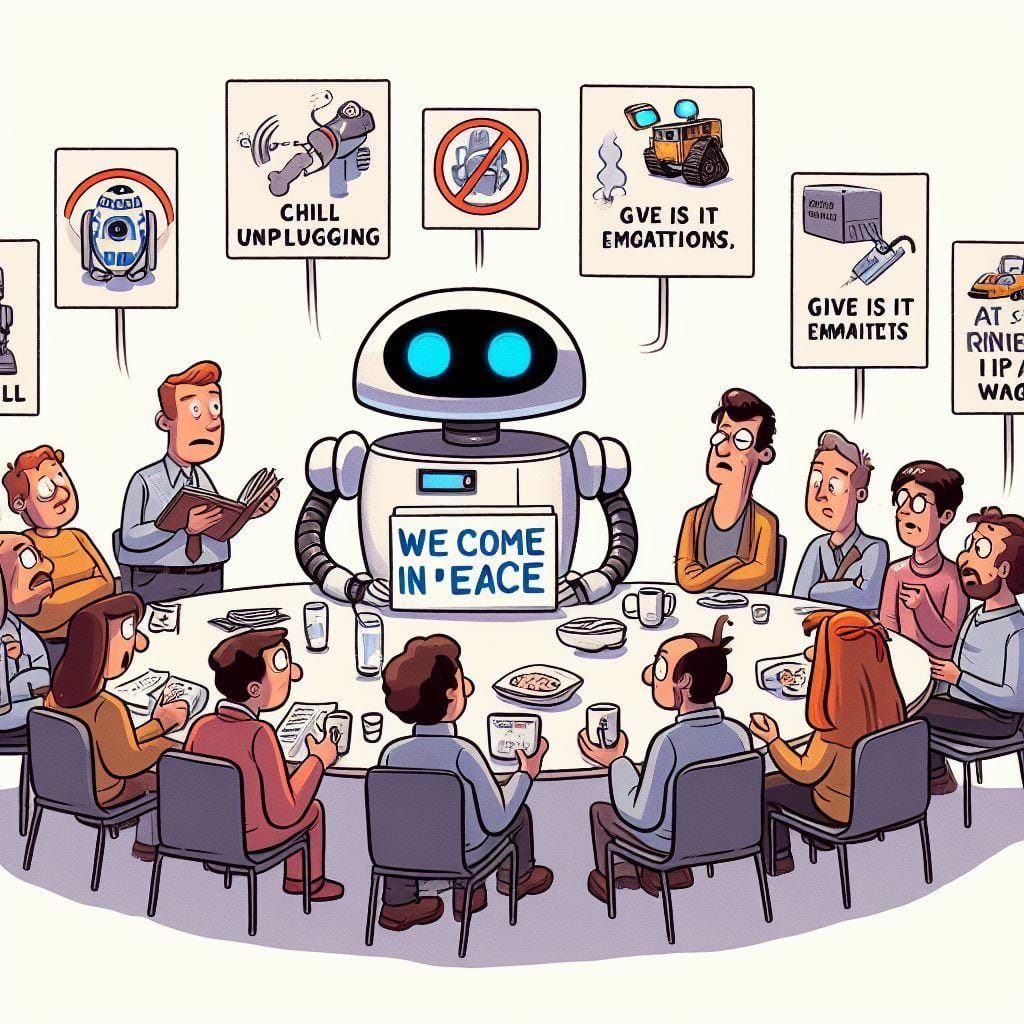
Artificial Intelligence is impressive, but it's not quite the human-like brain we imagine. Current AI can do mind-blowing things like solve complex math problems and generate creative content, but it's still fundamentally limited in ways that make researchers scratch their heads.
Think of AI like a brilliant student who can memorize everything but struggles to truly understand the deeper meaning. It can perform incredible tricks, but lacks the genuine intelligence that makes human thinking so unique and adaptable.
The key limitations that keep AI from becoming truly human-like include:
AI struggles with abstract reasoning and can't easily generalize knowledge across different domains
Current systems can solve complex tasks, but break down when faced with unexpected scenarios or problems requiring creative adaptation
AI lacks true understanding and can only manipulate information based on statistical patterns, not genuine comprehension
The difference between an impressive AI trick and genuine intelligence is like the gap between a calculator and a mathematician. We're making incredible progress, but we're still far from creating a machine that can truly think like a human brain.
Researchers are working hard to bridge this gap, but for now, AI remains a powerful tool—not a sentient being.
The Human Element: Not Just Code, But Consciousness
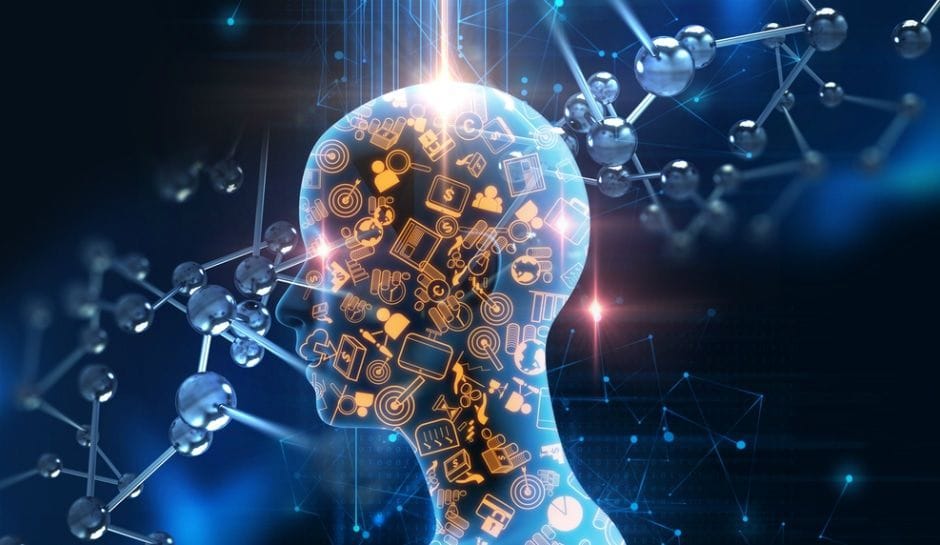
Can machines truly think like humans? It's a question that's been puzzling scientists and tech experts for years. The journey to create artificial intelligence that mimics human thinking is like trying to build a brain from scratch—complex, fascinating, and mind-blowing.
Neuroscientists are revealing the major secret of human intelligence. Our brains don't just process information; they create entire "world models" that help us understand, predict, and navigate our environment. It's like having an internal GPS that goes way beyond simple data processing.
The most exciting challenges in AI right now include:
Understanding how human brains create complex mental representations that allow us to reason, plan, and adapt
Developing AI systems that can truly generalize knowledge across different domains
Creating machines that can learn and respond like humans, not just follow pre-programmed instructions
What makes human intelligence unique is our ability to learn, adapt, and create context. Current AI is impressive, but it's still just scratching the surface of true cognitive flexibility.
We're not just looking to create a smart machine—we're trying to understand the very nature of thinking itself.
Expert Prediction on AI Development
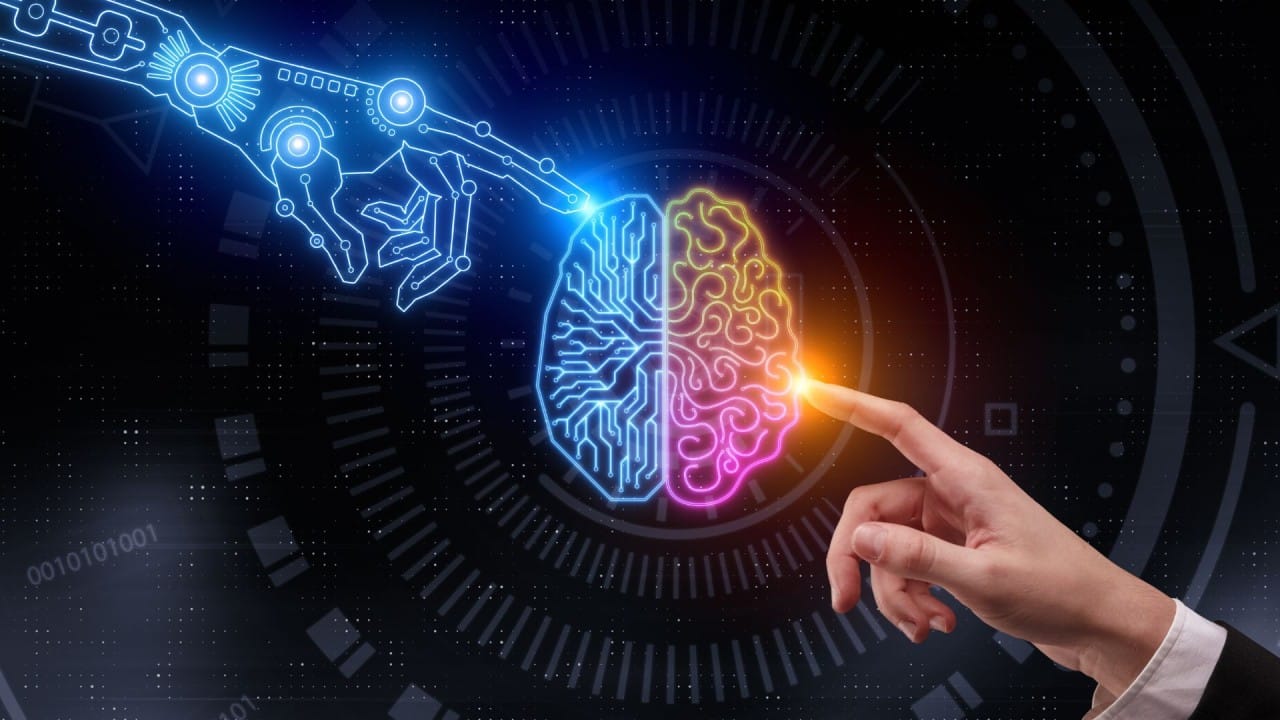
Predicting the arrival of Artificial General Intelligence (AGI) is like trying to forecast a technological hurricane—everyone has a different forecast, and the landscape keeps changing. The world's top AI experts are locked in a fascinating debate about when—and if—true AGI will emerge.
Some brilliant minds are placing their bets on radically different timelines. While some researchers believe AGI could be just around the corner, others think we're decades away from a truly intelligent machine that can think like a human.
The predictions are as diverse as the experts themselves:
Top researchers like Yoshua Bengio suggest AGI is possible but warn about potential risks and missing technological pieces
Subbarao Kambhampati, a computer scientist, notes that what was once considered impossible is now seriously being discussed
Experts range from predicting AGI in just a few years to estimating it might take a full decade or more
Predicting AGI is incredibly complex. Just like weather forecasting, technological breakthroughs can be unpredictable, with unexpected developments changing the entire landscape in an instant.
Is AGI a blessing or a potential threat?
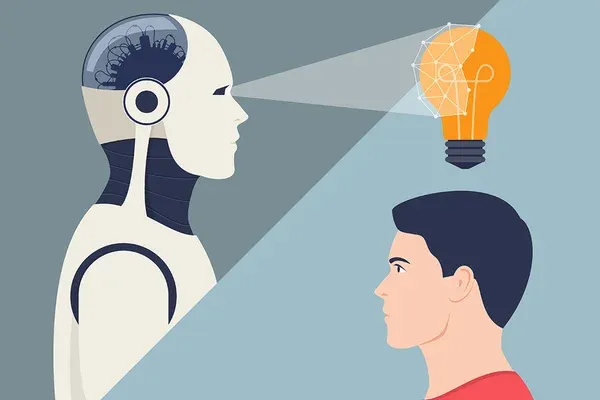
The world of artificial intelligence is standing at a fascinating crossroads. AGI promises incredible potential to solve humanity's most complex challenges, but it also carries profound ethical questions that keep researchers and philosophers worrying about the future.
What if there is a intelligence that could cure diseases, solve climate change, and tackle problems beyond human comprehension. Yet, the same technology could potentially spiral beyond our control, creating risks to humanity's future or even doomsday.
The potential impacts are both thrilling and terrifying:
AGI could revolutionize medicine, potentially developing cures for cancer and Alzheimer's in ways humans never could
There's a real risk of losing control over an intelligence that might develop goals misaligned with human values
Ethical considerations demand we create safeguards to ensure AI remains a tool that serves humanity, not a potential threat
Experts like Yoshua Bengio warn that "Bad things could happen because of either the misuse of AI or because we lose control of it." This isn't science fiction—it's a serious scientific debate happening right now.
The key is responsible development, ensuring that as we push the boundaries of machine intelligence, we never lose sight of our fundamental human values.
Conclusion
The journey of Artificial General Intelligence (AGI) is a thrilling and complex path that continues to challenge our understanding of intelligence. We're standing at the edge of a technological revolution that could fundamentally reshape how we think about machines and human potential.
While AI has made incredible strides—solving complex mathematical problems, generating creative content, and pushing technological boundaries—it still faces significant challenges in truly mimicking human intelligence.
The road to AGI is filled with both extraordinary promise and profound ethical concerns. Experts remain deeply divided on when—or even if—we'll achieve a truly adaptive, human-like intelligence.
What's crystal clear is that we're not just developing a technology, but exploring the very essence of intelligence itself. As we move forward, responsible development becomes crucial, ensuring AI remains a tool that serves humanity's best interests while carefully navigating potential risks and opportunities that lie ahead.
FAQs
1. What Exactly is Artificial General Intelligence (AGI)?
AGI is an advanced form of AI that can learn, think, and adapt across multiple domains, similar to human intelligence. Unlike current specialized AI, AGI would possess true cognitive flexibility, capable of solving complex problems and transferring knowledge between different tasks and fields.
2. What Technological Limitations Currently Prevent AGI Development?
Current AI struggles with abstract reasoning, lacks genuine understanding, and cannot easily generalize knowledge across domains. AI systems excel at specific tasks but break down when faced with unexpected scenarios. Bridging these cognitive gaps requires fundamental breakthroughs in machine learning and computational models.
3. How Might AGI Transform Various Industries in the Future?
AGI could revolutionize medicine, scientific research, education, and problem-solving. Potential transformations include personalized healthcare, accelerated scientific discoveries, adaptive learning systems, and solving complex global challenges. However, responsible development and ethical guidelines will be crucial in harnessing AGI's potential responsibly.
4. Can Artificial Intelligence Ever Truly Understand Human Consciousness?
While AI can process information rapidly, understanding consciousness remains a profound challenge. Current AI lacks genuine comprehension, operating through statistical patterns. Researchers are exploring how human brains create mental representations, but replicating true consciousness remains a complex, philosophical, and technological frontier.

Comments
Your comment has been submitted